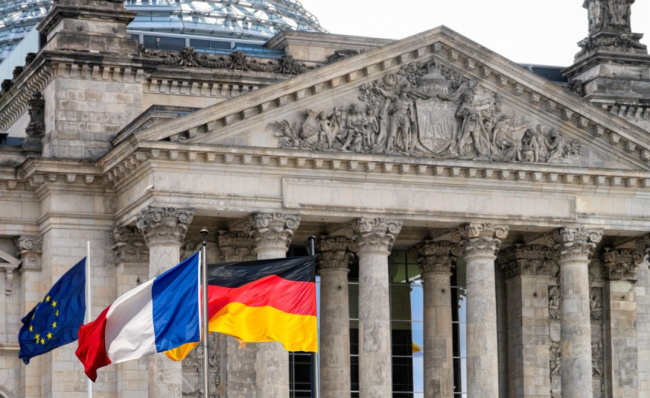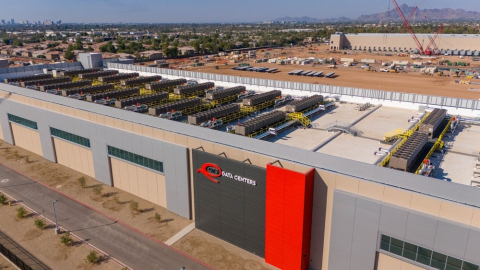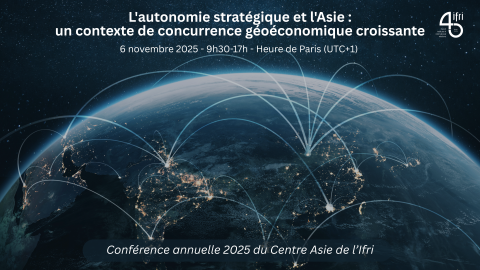What will Britain’s post-election EU policy be and how will member states react?

Informations pratiques
Thématiques et régions
Centres et programmes liés
The UK general election on 7 May 2015 promises to be exciting, with a more fragmented political landscape on the horizon. Divisions no longer just concern the Labour-Conservative divide, but also national identity and EU membership.
At this event, the French Institute of International Relations, Open Europe and the Friedrich Naumann Foundation for Freedom brought together experts and policy makers from France, Germany and the UK. They explored what David Cameron may request from his EU partners in terms of EU reform, if re-elected and if a UK referendum on British EU membership is scheduled. They also discussed how British EU policy will look like if Ed Miliband enters 10 Downing Street and what the possible reaction in France, Germany and other member states could be.
Welcome
Hans H. Stein, Director, European and Transatlantic Dialogue, Friedrich Naumann Foundation for Freedom
Speakers
Mats Persson, Director, Open Europe
Syed Kamall, Member of European Parliament for the UK, Chairman of the European Conservatives and Reformists Group (ECR)
Stefani Weiss, Director Program Europe’s Future, Bertelsmann Stiftung, Brussels
Vivien Pertusot, Head of Brussels office, French Institute of International Relations
Moderator
Bruno Waterfield, EU correspondent, The Times
En savoir plus


Europe : le cas du patient anglais
Les relations de Londres avec la construction européenne sont fondées sur un malentendu. Pour les continentaux, cette dernière est un projet politique global ; pour les Britanniques, l’Union européenne est une institution internationale parmi d’autres.
Sujets liés
Autres événements

Quelles perspectives pour la politique étrangère américaine ?
Droits de douane, retrait de l’accord de Paris et de l’OMS, plan de paix à Gaza… Le second mandat de Donald Trump a déjà profondément bouleversé l’ordre mondial, redéfinissant les rapports entre les États-Unis et leurs partenaires, et notamment les relations transatlantiques.

L'autonomie stratégique et l'Asie : un contexte de concurrence géoéconomique croissante
Dans un contexte d'incertitude stratégique et géopolitique croissante, l'Europe est confrontée à la notion d'autonomie stratégique. Pour les partenaires européens en Asie, ce concept prend également de plus en plus d'importance à l'heure où le monde entre dans une ère de transformation structurelle.

France-Allemagne, le moteur sous pression
Face à un environnement stratégique et économique profondément bouleversé, la coopération franco-allemande s’affirme plus que jamais comme le pilier central de l’avenir européen. La guerre en Ukraine, la dépendance énergétique et technologique, ainsi que l’incertitude quant à la solidité du lien transatlantique imposent un approfondissement urgent de la souveraineté européenne, tant en matière de défense que de compétitivité économique et industrielle.










